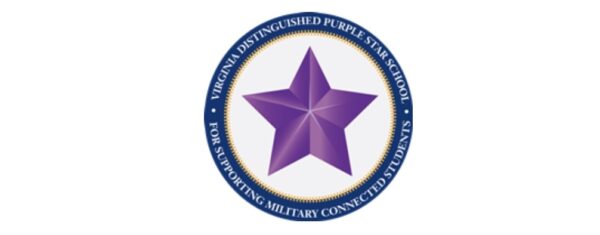The school-to-prison is the most misunderstood phenomenon in Arlington, even amongst the highest levels of leadership. School board and county officials, including law enforcement and the former Commonwealth Attorney, have vehemently denied that the school-to-prison pipeline exists in Arlington.
They acknowledge the phenomenon but contend that it exists elsewhere, but “not here.” Such narrow-mindedness is troubling. Perhaps it is cognitive dissonance that causes them to recoil at the mere suggestion that our affluent county with its highly educated residents and top-ranked schools is complicit in the school-to-prison pipeline. It is.



